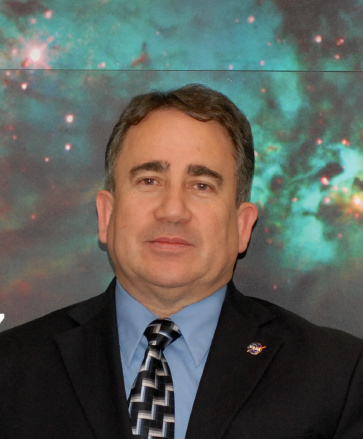Colloquia & Guest Speakers
NASA Astrophysics and the Competitive Process
Dr. Mario Perez, NASA Astrophysics Division
Monday, April 29, 2019
3:30 p.m.
Goergen 101

Abstract:
The scope of NASA’s astrophysics science program includes broad and profound scientific questions: How does the Universe work? How did we get here? and Are we alone? The answers to these questions become three focused theme programs with their own portfolio of missions, research activities, studies, and community groups. This vibrant program includes a suite of 11 space missions in operation and 7 missions in development expecting to be launched in the next 2 to 6 years. Within the research activities, more than $200 M are competed every year to advance astrophysical theory, execute data analysis, allocate observing time, and advance technology development. These funds are competed through annual solicitations that result in grants to the community ranging from a few thousand to a few million dollars. This is accomplished via an omnibus annual solicitation called ROSES (Research Opportunities in Space and Earth Sciences), which has the goal of maximizing scientific return, pioneering new approaches and advancing science objectives. ROSES include all solicitations of the Science Mission Directorate; namely Earth Sciences, Planetary Sciences, Heliophysics and Astrophysics. In this talk, I will explain the content of NASA’s astrophysics program and the process of participating in the competitive process of Grants and Cooperative Agreements.
Bio:
Dr. Perez is the Program Scientist for the Cosmic Origins Program, the Kepler/K2 mission and the Strategic Astrophysics Technology (SAT) Program within the Astrophysics Division at NASA Headquarters, Science Mission Directorate. He is also the Program Executive for several Exoplanet Programs such as the Large Binocular Telescope Interferometer (LBTI), W.M. Keck Observatory, NASA Exoplanet Science Institute (NExScI) and the NASA-NSF Exoplanet Observational Research (NN-EXPLORE) partnership. In addition, he is one of the Discipline Scientists for the UV/Visible portfolio, which includes grants that conduct investigations on detector development, suborbital payloads, laboratory astrophysics and supporting technologies. He earned his PhD in physics at Brigham Young University.
Location: Goergen 101
Refreshments will be served.
